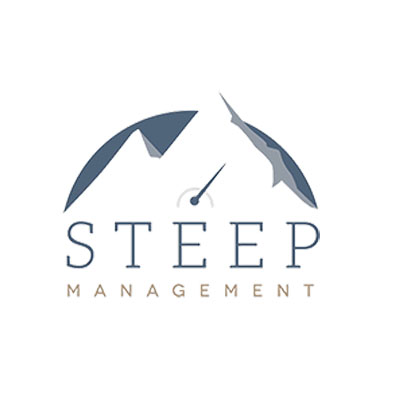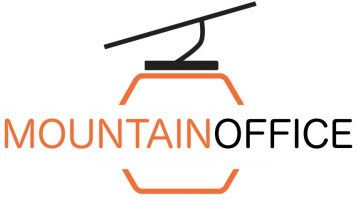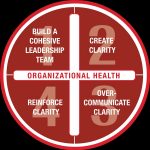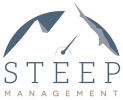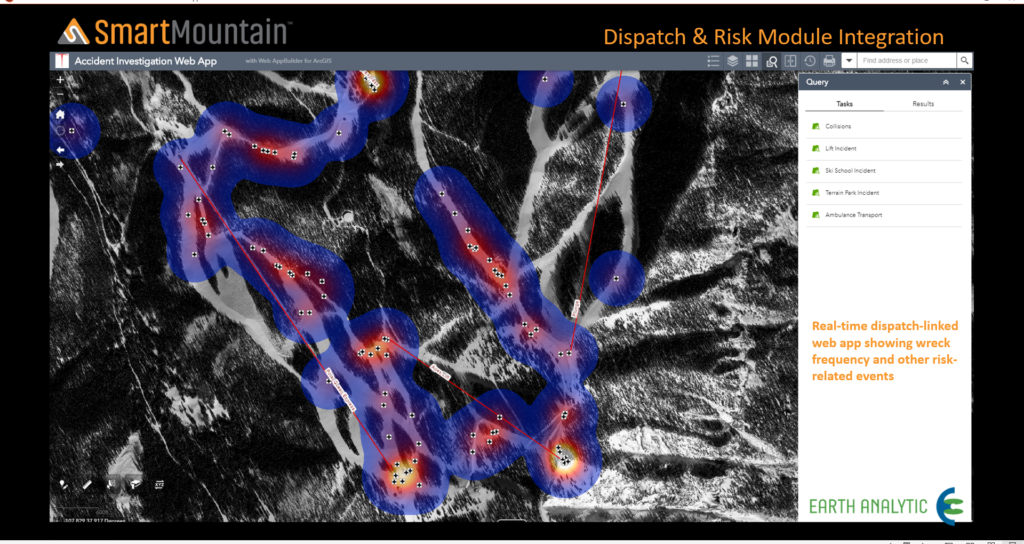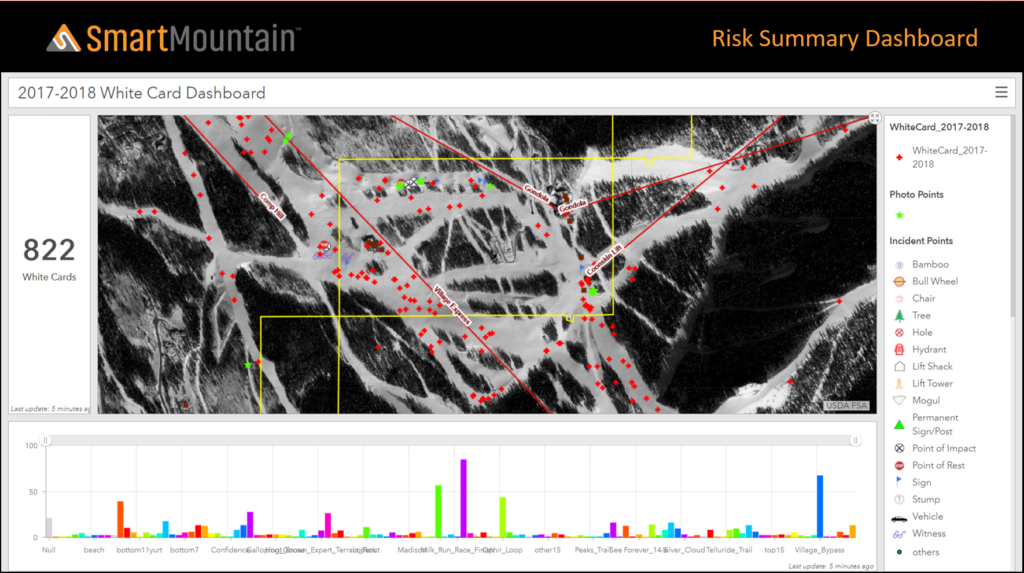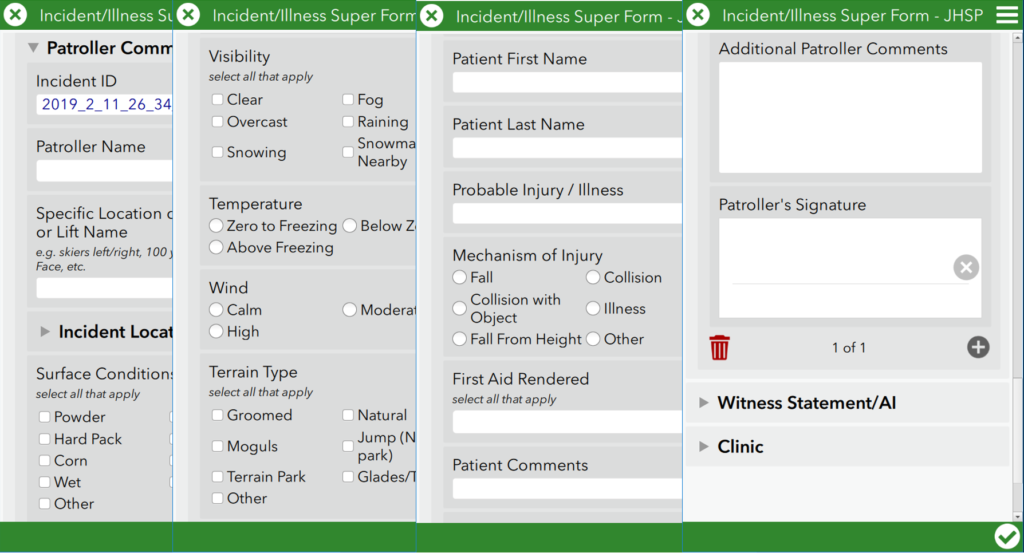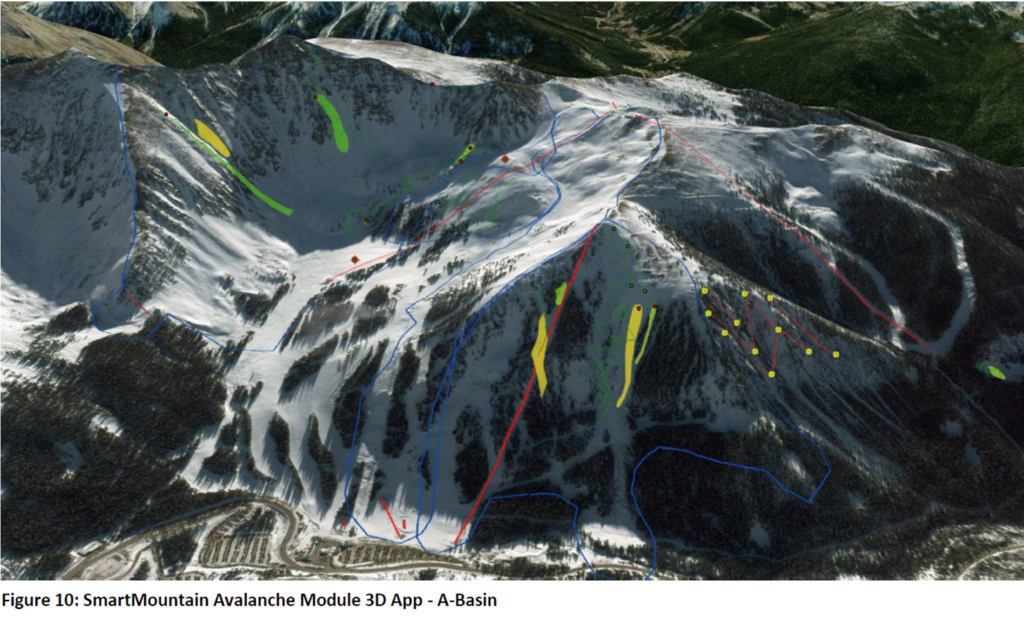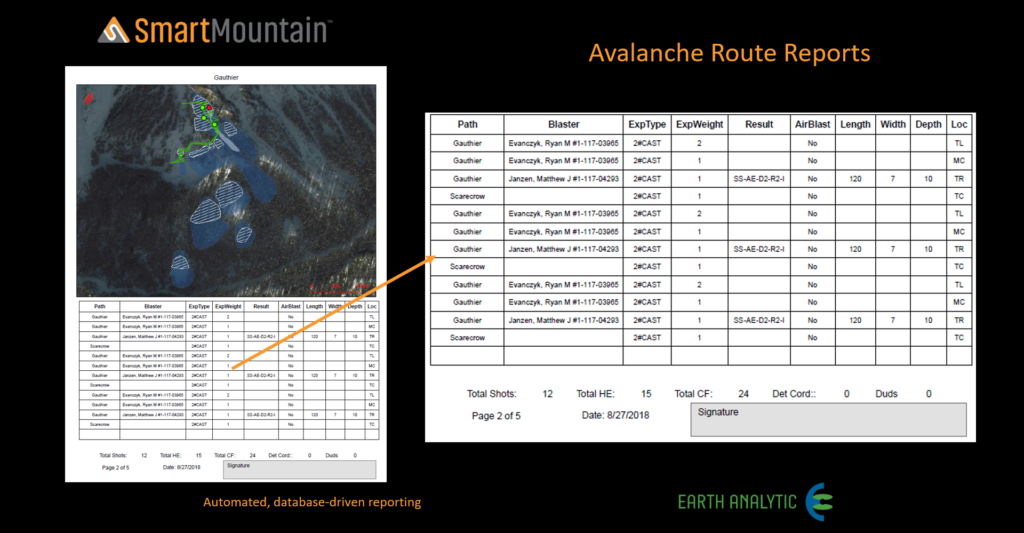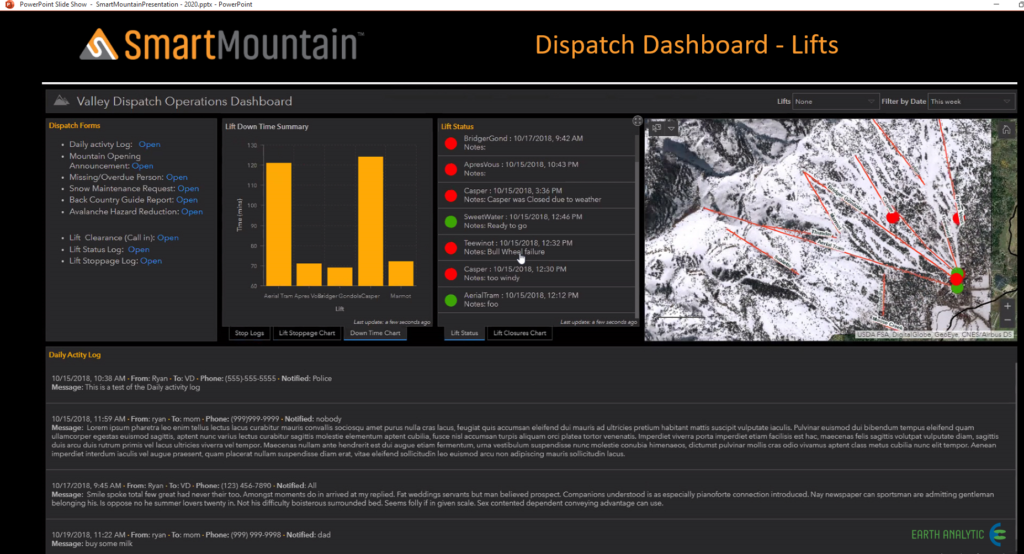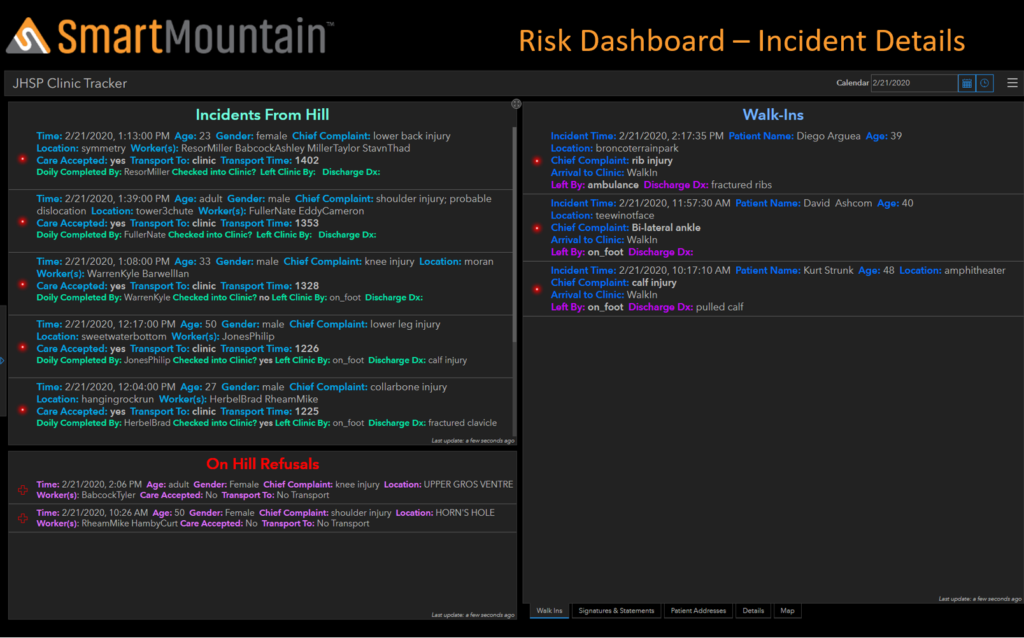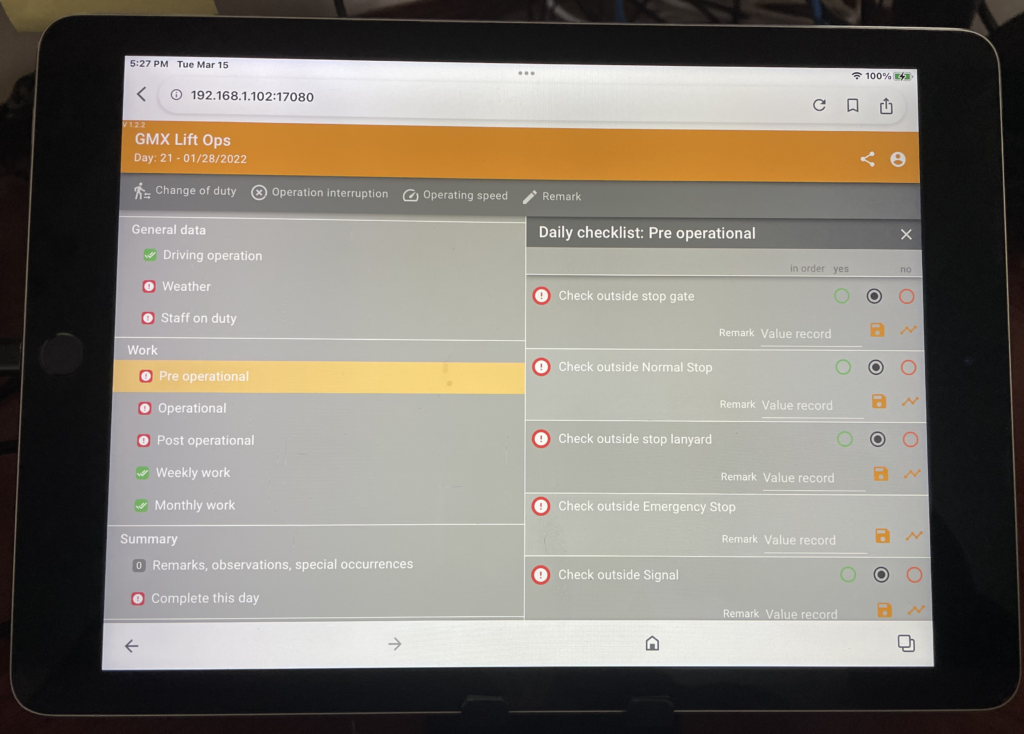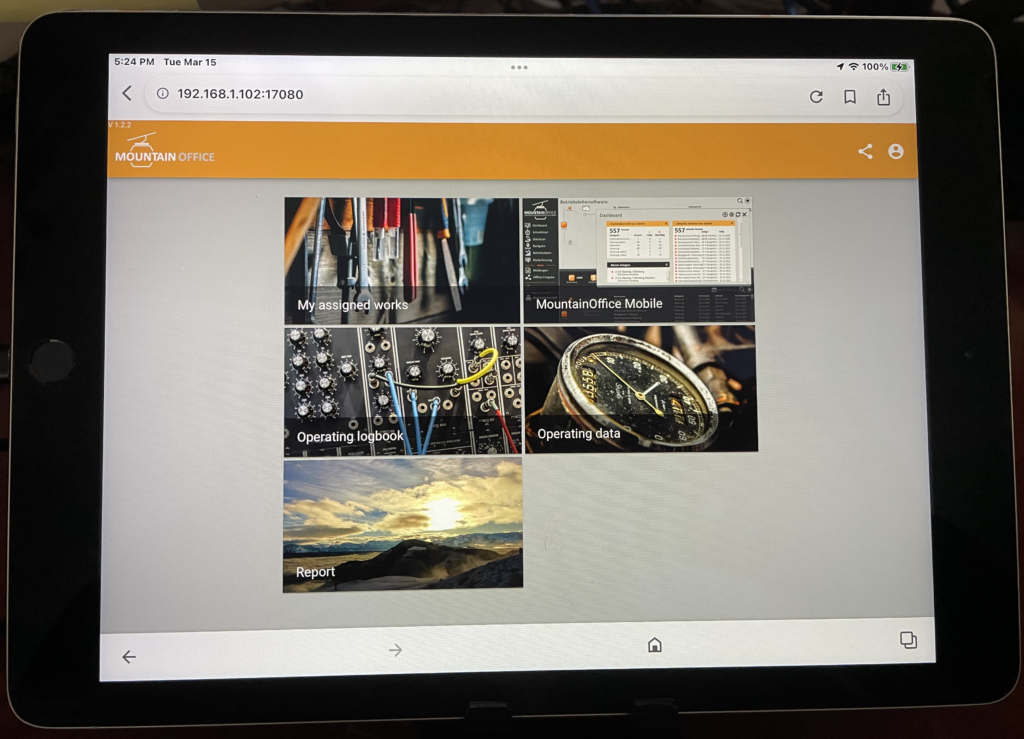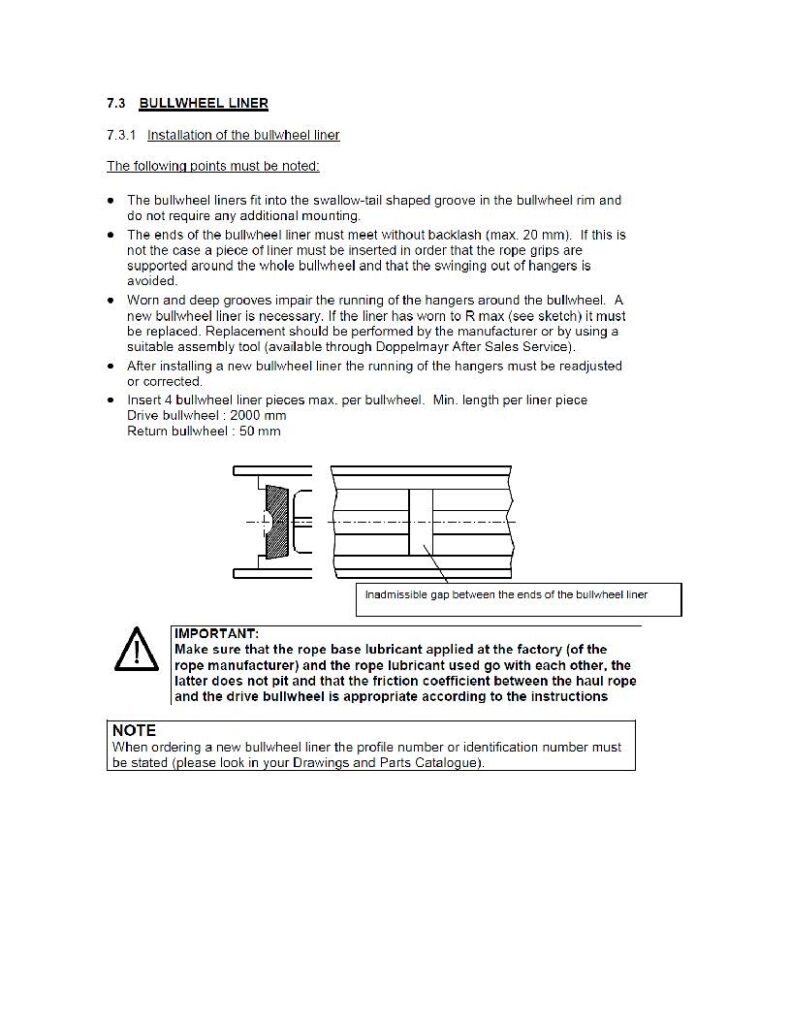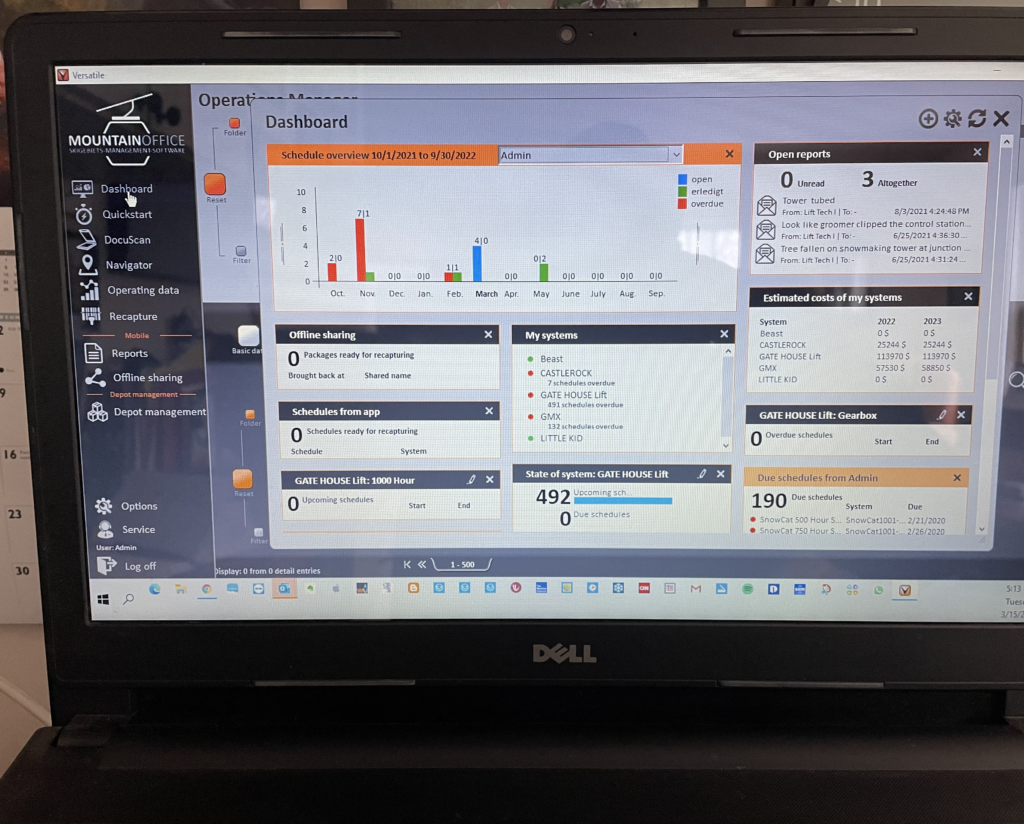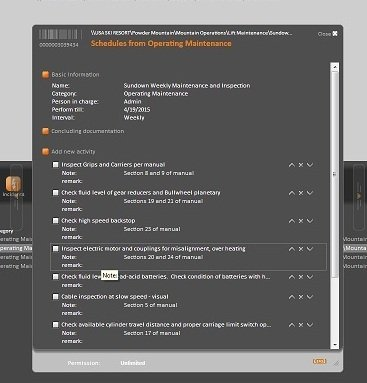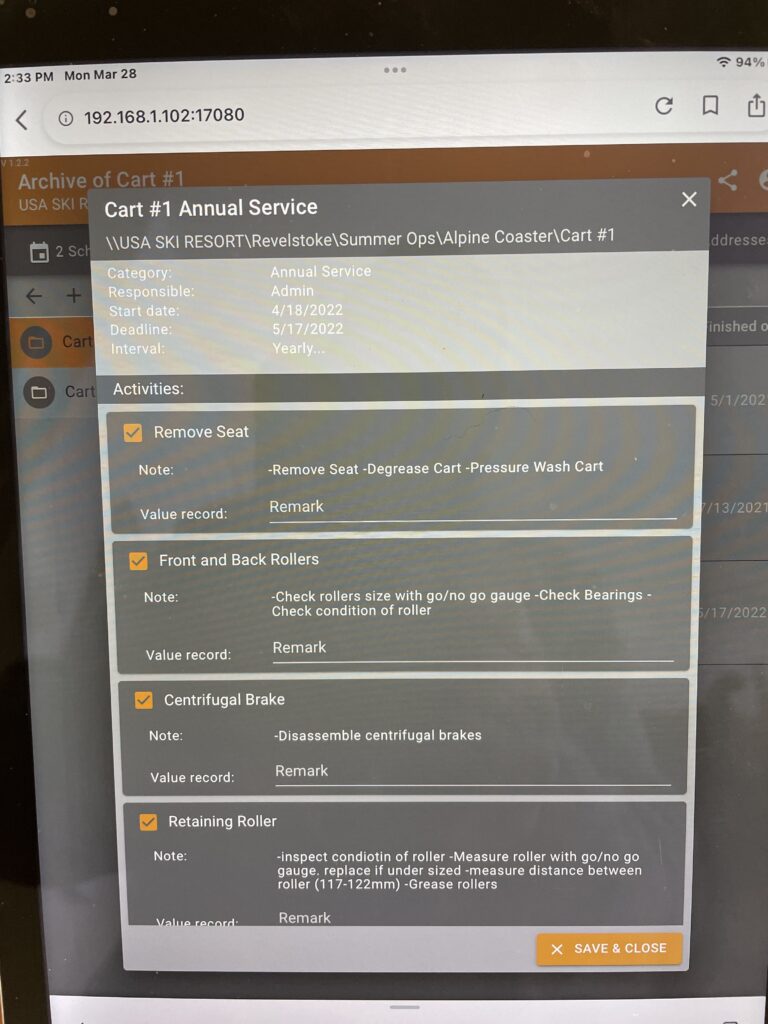For those who have attended one of the sessions, I have given at RMLA or LMS on Accountability in Maintenance you have heard me preach the value of conflict in creating accountability within an organization.
For me, this belief in the value of conflict came from reading Patrick Lencioni’s The Five Dysfunctions of a Team. To me, it is simple and so valuable to dig for the truth. To quote Lencioni:
“When I talk about conflict on a team, I am talking about productive, ideological conflict: passionate unfiltered debate around issues of importance to the team. Any team that wants to maximize its effectiveness needs to learn to do this, and doing so can only happen if vulnerability-based trust exists. That’s not to say that some teams that lack trust don’t argue. It’s just that their arguments are often destructive because they are laced with politics, pride, and completion, rather than the humble pursuit of truth.”
There are some very keys words here for me, vulnerability-based trust and truth. If we truly trust our team members, we can be honest with each other. We can openly state our position without fear. When we declare our outlook on an issue, we are more open to adjusting that outlook to whatever is really best for the team. To do this we need to know the truthful facts. To make good decisions we need to know the truthful facts. We only achieve the truth by being open and honest with one another.
Lencioni is not alone in his thinking. In a recent post from strategy and business I came across this post, Why Teams Should Argue. The article is not about the ski industry but a group of Mexican leaders trying to solve a very challenging problem. However, I would contend that maybe the ski industry suffers from the lack of diversity that is suggested to be sought out for teams in this article. This is mainly the case because many who work in the industry are there because they have a passion for the sport and often think of what needs to be done from their personal perspective. Being cognitive of this and being open about it may help in getting to the truth of what is best for the customer; thus, what is best for the team?
From a maintenance technician perspective, each technician has an ego for sure, that’s okay, but that ego has to be put aside in the team environment. If technicians can openly question the procedure or why something is done in an atmosphere of unfiltered debate, the resultant product is an improved process and way of fixing a problem. As leaders in the maintenance area of your ski area, you need to build the atmosphere of trust and truth. Do you have that today? Covering up the differences within the department only allows the differences to fester and when they surface they will do so with more damage than if you had openly discussed them when they initially appeared. As stated in the article, the real value is not changing others views but changing our own thinking.
